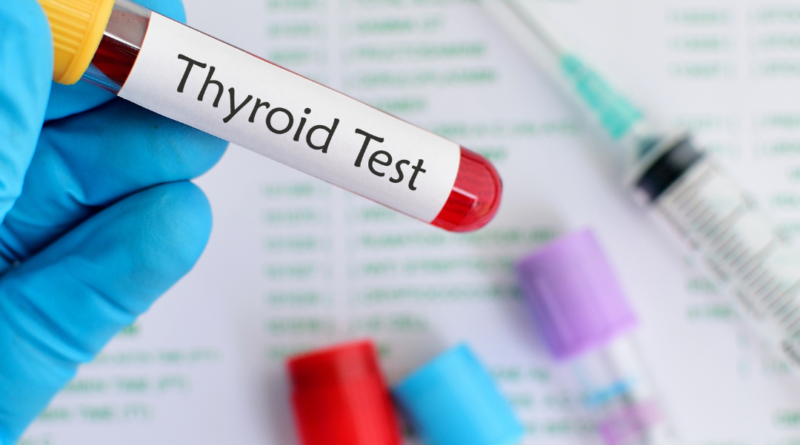Thyroid Basics: Issues and Health Tips
All body parts and organs are essential and have their important functions. However, the thyroid gland may be among the “more vital” organs in our body as it affects almost every single cell and organ in the body. The thyroid is a butterfly-shaped gland that’s located in the base of one’s neck. The thyroid gland is among the many glands that make up your endocrine system, and it produces, stores, and releases hormones that control your body’s metabolism and other essential functions such as breathing, heart rate, body weight, muscle strength, body temperature, cholesterol levels, and much more.
That said, the thyroid plays a huge role, which is why it’s essential for you to keep it healthy. But before we discuss the ways to keep your thyroid healthy, it’s necessary for one to know the common thyroid issues and what causes them:
Common Thyroid Issues
Hypothyroidism. As the name suggests, hypothyroidism (“hypo” meaning “below normal”) occurs when the thyroid is not producing enough hormone and is much more common than hyperthyroidism. Hypothyroidism can be caused by radiation therapy, removal of part/all of your thyroid gland, medications, too much or too little iodine, or chromosomal disorders. Those with hypothyroidism feel cold, easily get tired, have dry skin, and may also suffer depression, forgetfulness, and constipation, and could also develop a goiter (which is the swelling or enlargement of the thyroid).
Hyperthyroidism. Hyperthyroidism is rarer than hypothyroidism and occurs when the body is producing and releasing too much thyroid hormones. This condition is generally caused by Graves’ disease and multinodular goiter. People suffering from hyperthyroidism have an initial burst of energy and proceed to tire out and fatigue quickly, have rapid pulse and tremors, have trouble sleeping, and have weak muscles among other symptoms.
Nodule. Thyroid nodules are lumps on one’s thyroid glands and can either appear alone or in groups. The majority of thyroid nodules are harmless but have a slight chance of causing hyperthyroidism. Additionally, there’s a smaller risk of nodules being cancerous, so it’s best to have any lumps checked with a doctor as early as possible.
Tips on Keeping Your Thyroid Healthy

Staying Fit. As with most of your bodily organs, the best way to keep your thyroid healthy is to keep your weight in check and be active. Those with higher BMI tend to have lower thyroid function, and there have been studies linking obesity to thyroid cancer. So eat properly and exercise.
Watch Your Iodine Levels. As mentioned earlier, too much or too little iodine can cause thyroid complications. So make sure that you take just the right amount of iodine in your diet. One of the reasons why table salt is iodized is to address iodine deficiencies and prevent thyroid issues. Iodine is found in seafood, dairy products, and plants that are cultivated in soil rich with iodine.
Keep That Stress Low. Although not as extensively studied, there have been observations noting stress affecting one’s thyroid. The more stressed you are, the slower your thyroid functions, and the slower your metabolism. Try to take a break once in a while and do activities to de-stress yourself in the middle of a busy workday.
Conclusion
There’s no question that the thyroid is an essential organ that affects our overall health and well-being. As such, it’s important for you to keep your thyroid healthy to avoid any issues that might affect your thyroid and, subsequently, your metabolism and bodily functions. If you suspect any issues with your thyroid or show issues of hyperthyroidism, it’s best to schedule a visit with your local endocrinologist in Provo for diagnosis and thyroid treatment.



